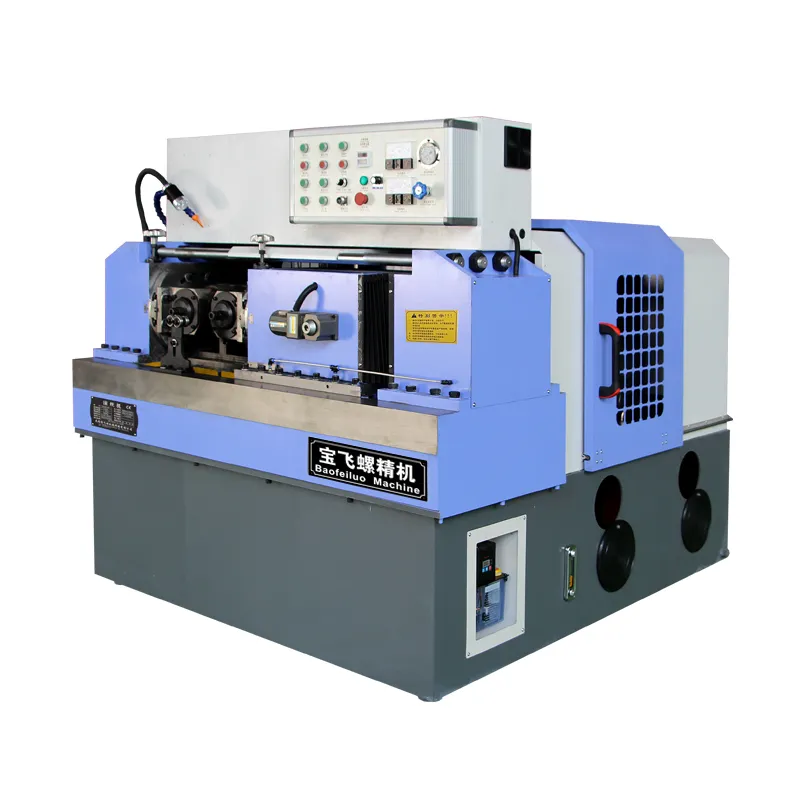
-
 Afrikaans
Afrikaans -
 Albanian
Albanian -
 Amharic
Amharic -
 Arabic
Arabic -
 Armenian
Armenian -
 Azerbaijani
Azerbaijani -
 Basque
Basque -
 Belarusian
Belarusian -
 Bengali
Bengali -
 Bosnian
Bosnian -
 Bulgarian
Bulgarian -
 Catalan
Catalan -
 Cebuano
Cebuano -
 Corsican
Corsican -
 Croatian
Croatian -
 Czech
Czech -
 Danish
Danish -
 Dutch
Dutch -
 English
English -
 Esperanto
Esperanto -
 Estonian
Estonian -
 Finnish
Finnish -
 French
French -
 Frisian
Frisian -
 Galician
Galician -
 Georgian
Georgian -
 German
German -
 Greek
Greek -
 Gujarati
Gujarati -
 Haitian Creole
Haitian Creole -
 hausa
hausa -
 hawaiian
hawaiian -
 Hebrew
Hebrew -
 Hindi
Hindi -
 Miao
Miao -
 Hungarian
Hungarian -
 Icelandic
Icelandic -
 igbo
igbo -
 Indonesian
Indonesian -
 irish
irish -
 Italian
Italian -
 Japanese
Japanese -
 Javanese
Javanese -
 Kannada
Kannada -
 kazakh
kazakh -
 Khmer
Khmer -
 Rwandese
Rwandese -
 Korean
Korean -
 Kurdish
Kurdish -
 Kyrgyz
Kyrgyz -
 Lao
Lao -
 Latin
Latin -
 Latvian
Latvian -
 Lithuanian
Lithuanian -
 Luxembourgish
Luxembourgish -
 Macedonian
Macedonian -
 Malgashi
Malgashi -
 Malay
Malay -
 Malayalam
Malayalam -
 Maltese
Maltese -
 Maori
Maori -
 Marathi
Marathi -
 Mongolian
Mongolian -
 Myanmar
Myanmar -
 Nepali
Nepali -
 Norwegian
Norwegian -
 Norwegian
Norwegian -
 Occitan
Occitan -
 Pashto
Pashto -
 Persian
Persian -
 Polish
Polish -
 Portuguese
Portuguese -
 Punjabi
Punjabi -
 Romanian
Romanian -
 Russian
Russian -
 Samoan
Samoan -
 Scottish Gaelic
Scottish Gaelic -
 Serbian
Serbian -
 Sesotho
Sesotho -
 Shona
Shona -
 Sindhi
Sindhi -
 Sinhala
Sinhala -
 Slovak
Slovak -
 Slovenian
Slovenian -
 Somali
Somali -
 Spanish
Spanish -
 Sundanese
Sundanese -
 Swahili
Swahili -
 Swedish
Swedish -
 Tagalog
Tagalog -
 Tajik
Tajik -
 Tamil
Tamil -
 Tatar
Tatar -
 Telugu
Telugu -
 Thai
Thai -
 Turkish
Turkish -
 Turkmen
Turkmen -
 Ukrainian
Ukrainian -
 Urdu
Urdu -
 Uighur
Uighur -
 Uzbek
Uzbek -
 Vietnamese
Vietnamese -
 Welsh
Welsh -
 Bantu
Bantu -
 Yiddish
Yiddish -
 Yoruba
Yoruba -
 Zulu
Zulu
Understanding HS Code for Thread Rolling Machines and Their Applications
Understanding the HS Code for Thread Rolling Machines
In the global trade landscape, the Harmonized System (HS) code plays a crucial role in the classification and identification of goods. Among various machinery, thread rolling machines hold a unique position in manufacturing sectors, particularly in industries that require precision and durability in fastening components. This article delves into the significance of thread rolling machines, their applications, and the associated HS code for better trade understanding.
What is a Thread Rolling Machine?
A thread rolling machine is a specialized piece of equipment used to produce threads on cylindrical parts without material removal. Instead of cutting threads, these machines use a cold working process that reshapes the material by applying pressure through specially designed dies. This method results in threads that are stronger and more precise than those produced by traditional machining methods.
Thread rolling is commonly used in the manufacture of screws, bolts, and other fasteners, and is essential in industries such as automotive, aerospace, and construction. The benefits of using a thread rolling machine include improved material properties, reduced waste, and higher production rates, making it a preferred choice for manufacturers seeking efficiency and quality.
The Importance of HS Codes
The Harmonized System is an international customs nomenclature that was developed and is maintained by the World Customs Organization (WCO). The system categorizes products into a hierarchical structure of codes that can be used globally for customs declarations, tariffs, and statistical purposes. For manufacturers and exporters, understanding HS codes is vital for compliance with international trade regulations.
Each HS code consists of six digits, which can be further extended with additional digits for specific national requirements. These codes not only facilitate the identification of products but also help in determining applicable duties and taxes, ensuring goods can pass through customs efficiently.
Thread Rolling Machine HS Code
thread rolling machine hs code

The HS code for thread rolling machines is categorized under Chapter 84 of the Harmonized System, which covers machinery and mechanical appliances. Specifically, thread rolling machines are classified under a dedicated subheading that identifies their function and operation. The general HS code for machines used for working metal by forging, hammering, or pressing is 8462, but this can vary based on specific designs and capabilities.
It is essential for businesses involved in the import and export of thread rolling machines to accurately identify and use the correct HS code. Misclassification can lead to delays at customs, incorrect tariffs being applied, and potential penalties from trade authorities.
Applications and Market Demand
The demand for thread rolling machines is primarily driven by their applications in manufacturing industries that require high-strength components. As sectors such as automotive and aerospace continue to evolve with advanced technologies and engineering methods, the need for precise and durable fasteners has increased significantly. Moreover, with the trend towards automation and Industry 4.0, manufacturers are investing in advanced thread rolling machines equipped with intelligent technologies to enhance production capabilities.
The global market for thread rolling machines is also influenced by the growing emphasis on sustainability. The cold working process minimizes material wastage and energy consumption, making threaded components produced by these machines an appealing choice for environmentally conscious manufacturers.
Conclusion
As global trade continues to expand, the relevance of Hs codes and their application in industries, such as manufacturing thread rolling machines, cannot be overstated. Understanding the significance of thread rolling machines, their applications, and the corresponding HS code empowers businesses to navigate the complexities of international trade successfully.
Accurate classification not only ensures compliance with trade regulations but also enhances operational efficiency, giving manufacturers a competitive edge in a dynamic market. Therefore, it is critical for companies in this sector to stay informed about updates to the HS codes and any international trade agreements that could affect their operations. Ultimately, the thread rolling machine industry represents a vital link in the supply chain for high-performance fasteners, underpinning the broader manufacturing ecosystem.
